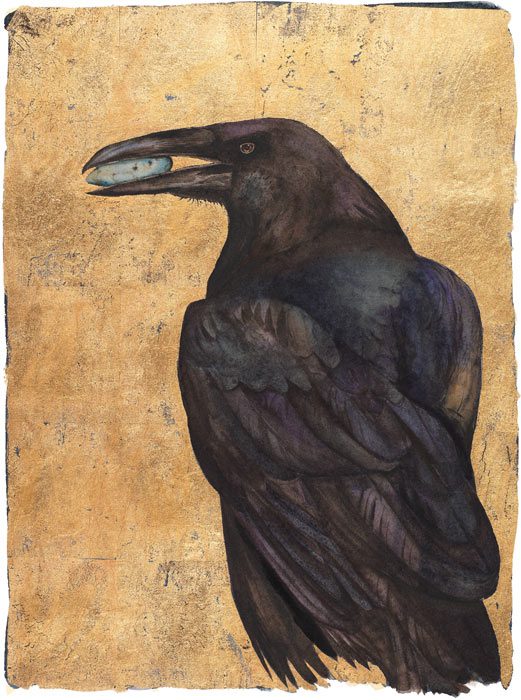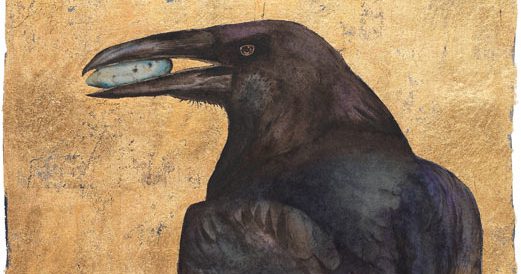You are aware that life ends in death and love ends in loss. Still, you see the beautiful afternoon light shining on the face you love, knowing it will soon fade, and the beloved face will also fade someday. But still you love, because life is short but meaningful, and love connects the impossible and the eternal.
I ponder this and a part from Louise Erdrich’s 2005 book The Painted Drum (public library) comes to mind.
Life will break you. Nobody can protect you from that, and living alone won’t either, for solitude will also break you with its yearning. You have to love. You have to feel. It is the reason you are here on earth. You are here to risk your heart. You are here to be swallowed up. And when it happens that you are broken, or betrayed, or left, or hurt, or death brushes near, let yourself sit by an apple tree and listen to the apples falling all around you in heaps, wasting their sweetness. Tell yourself that you tasted as many as you could.
This is what life has become — a song of affirmation emerging from the cold dark silence of an uncaring universe that will eventually consume everything. Every living thing is both the singer and the caretaker of this song. will one day swallow all of it The Star Thrower (public library).

Eiseley shares a story about resting under a tree after collecting fossils all day and waking up to a raven with a baby bird in its beak. He writes:
Into the glade fluttered small birds of half a dozen varieties drawn by the anguished outcries of the tiny parents. No one dared to attack the raven. But they cried there in some instinctive common misery, the bereaved and the unbereaved. The glade filled with their soft rustling and their cries. They fluttered as though to point their wings at the murderer. There was a dim intangible ethic he had violated, that they knew. He was a bird of death. And he, the murderer, the black bird at the heart of life, sat on there, glistening in the common light, formidable, unmoving, unperturbed, untouchable. The sighing died. It was then I saw the judgment. It was the judgment of life against death. I will never see it again so forcefully presented. I will never hear it again in notes so tragically prolonged. For in the midst of protest, they forgot the violence. There, in that clearing, the crystal note of a song sparrow lifted hesitantly in the hush. And finally, after painful fluttering, another took the song, and then another, the song passing from one bird to another, doubtfully at first, as though some evil thing were being slowly forgotten. Till suddenly they took heart and sang from many throats joyously together as birds are known to sing. They sang because life is sweet and sunlight beautiful. They sang under the brooding shadow of the raven. In simple truth they had forgotten the raven, for they were the singers of life, and not of death.
Explore Hannah Arendt's thoughts on love and living with the fear of lossand then read Loren Eiseley on the warblers and the wonder of being.



